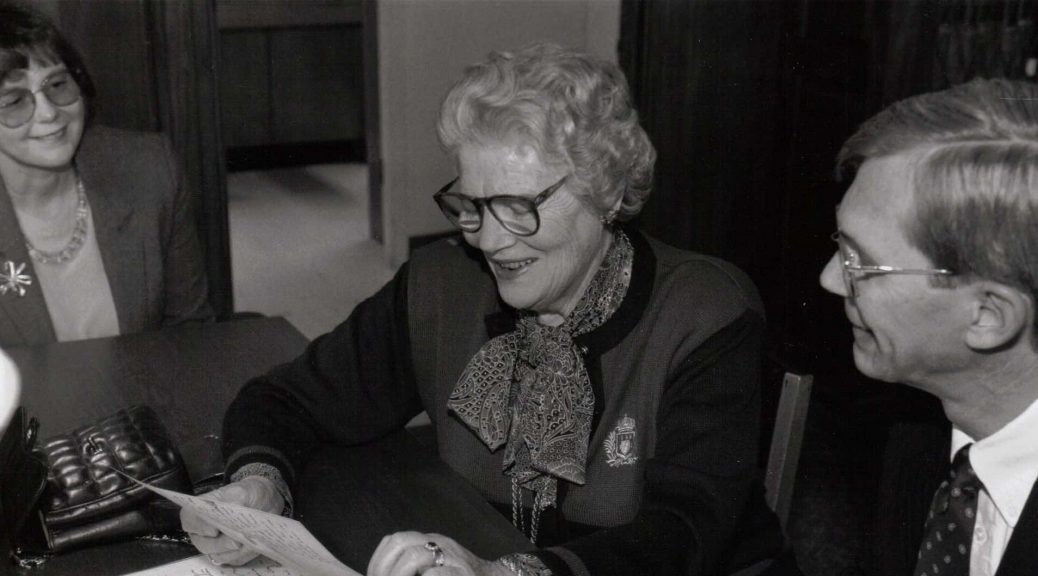


The diaries of Churchill’s youngest and only living daughter, Mary Soames, are to be published on her 89th birthday, September 15th, by Doubleday UK, and is available for shipment worldwide from Amazon UK. An e-book will also be available. American publication will be in May 2012 by Random House in New York. The Amazon UK price is £16.50 ($26.50) and airmail shipment to the USA costs about £7 ($11).
Much younger than her siblings, Mary had an idyllic youth, growing up at Chartwell, her father’s beloved Kentish home, but always in the background was his preoccupation with the growing threat of Hitler, and in 1939 the war arrived, and with it Mary’s life was dramatically altered.…
“Is World War II Still ‘the Good War’?” by Adam Kirsch. The New York Times Sunday Book Review, 27 May 2011. Adam Kirsch, a senior editor at The New Republic, offers a thoughtful piece of deconstruction which dredges up every major Churchill critic of the past five years, all in one handy if verbose article. As a sampling of the Churchill fever swamps, it is unsurpassed.
The question we are asked to consider is whether World War II was really a “good war.” War is hell, which is why western democracies like Britain and France spent six years trying to avoid it.…